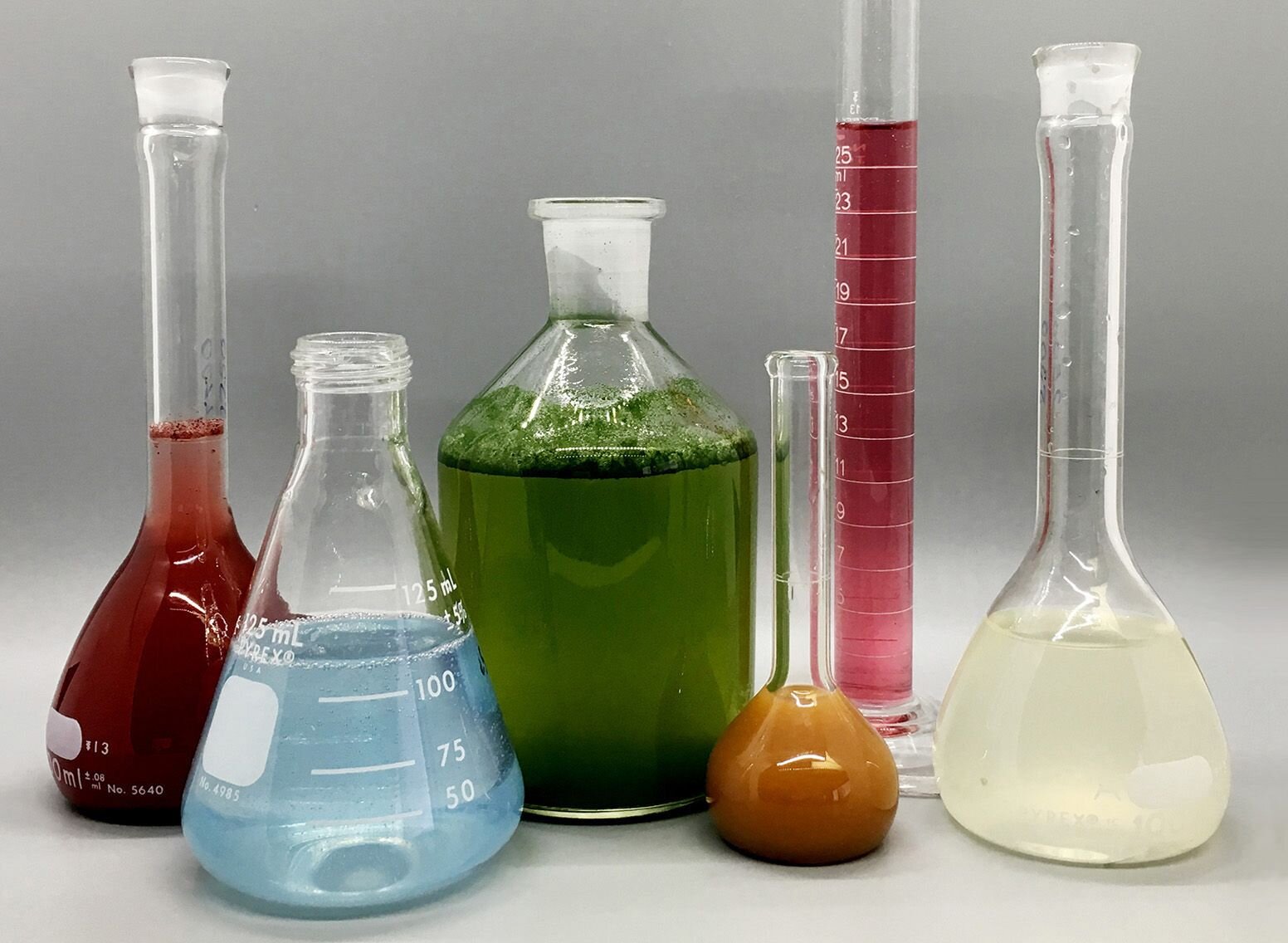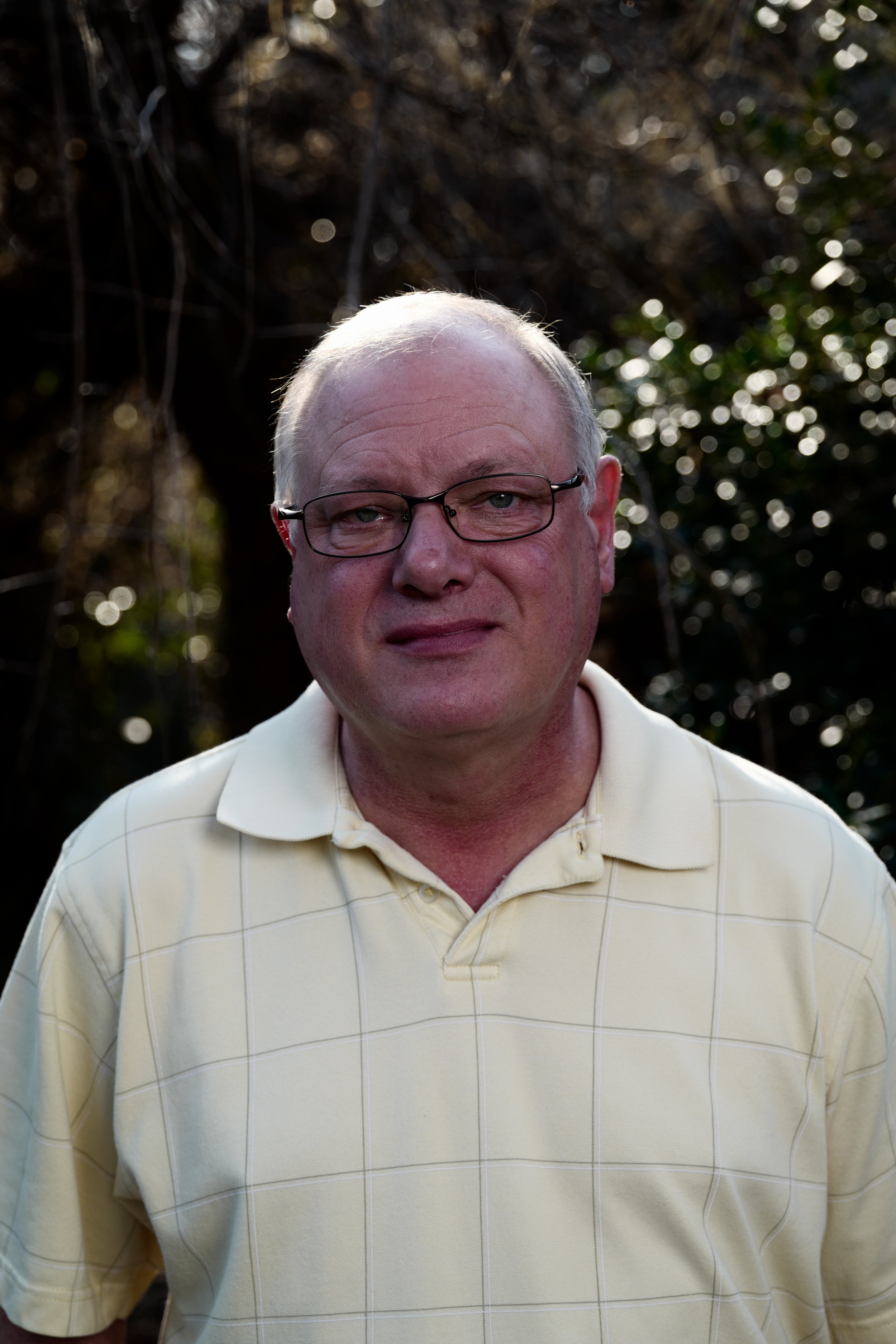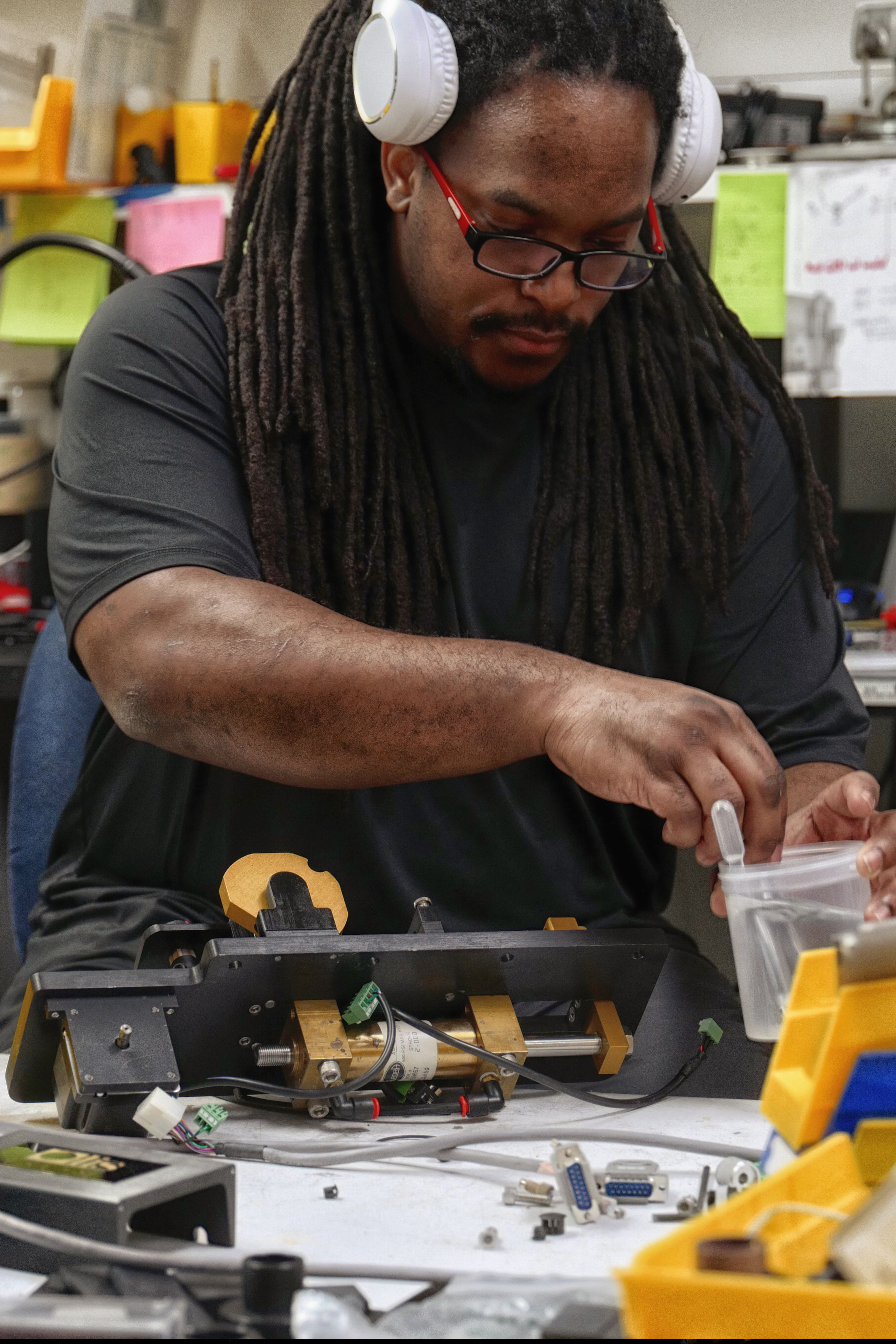Spectrophotometers for Dummies
Spectrophotometers for Dummies
Blog Article
How Circularly Polarized Luminescence can Save You Time, Stress, and Money.
Table of ContentsSome Known Incorrect Statements About Uv/vis The 10-Second Trick For SpectrophotometersUv/vis/nir Can Be Fun For Anyone10 Simple Techniques For Circular DichroismUv/vis/nir Can Be Fun For Anyone

Spectrophotometry is a tool that hinges on the quantitative analysis of particles depending on how much light is absorbed by colored compounds.
The smart Trick of Uv/vis That Nobody is Discussing
A spectrophotometer is frequently used for the measurement of transmittance or reflectance of solutions, transparent or opaque solids, such as sleek glass, or gases. Although many biochemicals are colored, as in, they absorb visible light and therefore can be measured by colorimetric procedures, even colorless biochemicals can often be transformed to colored substances ideal for chromogenic color-forming responses to yield substances appropriate for colorimetric analysis.: 65 Nevertheless, they can also be designed to measure the diffusivity on any of the noted light varieties that generally cover around 2002500 nm utilizing various controls and calibrations.
An example of an experiment in which spectrophotometry is used is the decision of the stability constant of a solution. A specific chemical reaction within a solution might occur in a forward and reverse direction, where reactants form products and items break down into reactants. At some time, this chemical response will reach a point of balance called a stability point.
How Uv/vis/nir can Save You Time, Stress, and Money.
The amount of light that passes through the service is a sign of the concentration of specific chemicals that do not allow light to pass through. The absorption of light is due to the interaction of light with the electronic and vibrational modes of particles. Each kind of particle has a specific set of energy levels connected with the makeup of its chemical bonds and nuclei and hence will take in light of particular wavelengths, or energies, leading to unique spectral properties.
They are widely used in lots of industries consisting of semiconductors, laser and optical manufacturing, printing and forensic examination, as well as in labs for the research study of chemical substances. Spectrophotometry is frequently utilized in measurements of enzyme activities, determinations of protein concentrations, determinations of enzymatic kinetic constants, and measurements of ligand binding reactions.: 65 Eventually, a spectrophotometer is able to identify, depending on the control or calibration, what compounds are present in a target and exactly how much through computations of observed wavelengths.
This would come as an option to the formerly created spectrophotometers which were unable to soak up the ultraviolet correctly.
Some Known Details About Circular Dichroism
It would be found that this did not offer acceptable results, for that reason in Design B, there was a shift from a glass to a quartz prism which enabled much better absorbance results - circular dichroism (https://www.quora.com/profile/Julie-Ann-DeSa-Lorenz). From there, Model C was born with an adjustment to the wavelength resolution which wound up having three systems of it produced
It was produced from 1941 to 1976 where the cost for it in 1941 was US$723 (far-UV accessories were an option at additional expense). In the words of Nobel chemistry laureate Bruce Merrifield, it was "probably the most essential instrument ever developed towards the development of our website bioscience." Once it became terminated in 1976, Hewlett-Packard produced the first commercially offered diode-array spectrophotometer in 1979 called the HP 8450A. It irradiates the sample with polychromatic light which the sample absorbs depending upon its homes. It is sent back by grating the photodiode array which spots the wavelength area of the spectrum. Ever since, the production and application of spectrophotometry devices has actually increased exceptionally and has become one of the most ingenious instruments of our time.

What Does Circular Dichroism Mean?
Historically, spectrophotometers use a monochromator including a diffraction grating to produce the analytical spectrum. The grating can either be movable or fixed. If a single detector, such as a photomultiplier tube or photodiode is utilized, the grating can be scanned stepwise (scanning spectrophotometer) so that the detector can measure the light strength at each wavelength (which will correspond to each "action").
In such systems, the grating is repaired and the intensity of each wavelength of light is determined by a various detector in the selection. When making transmission measurements, the spectrophotometer quantitatively compares the fraction of light that passes through a reference option and a test option, then digitally compares the strengths of the 2 signals and computes the percentage of transmission of the sample compared to the referral standard.

Report this page